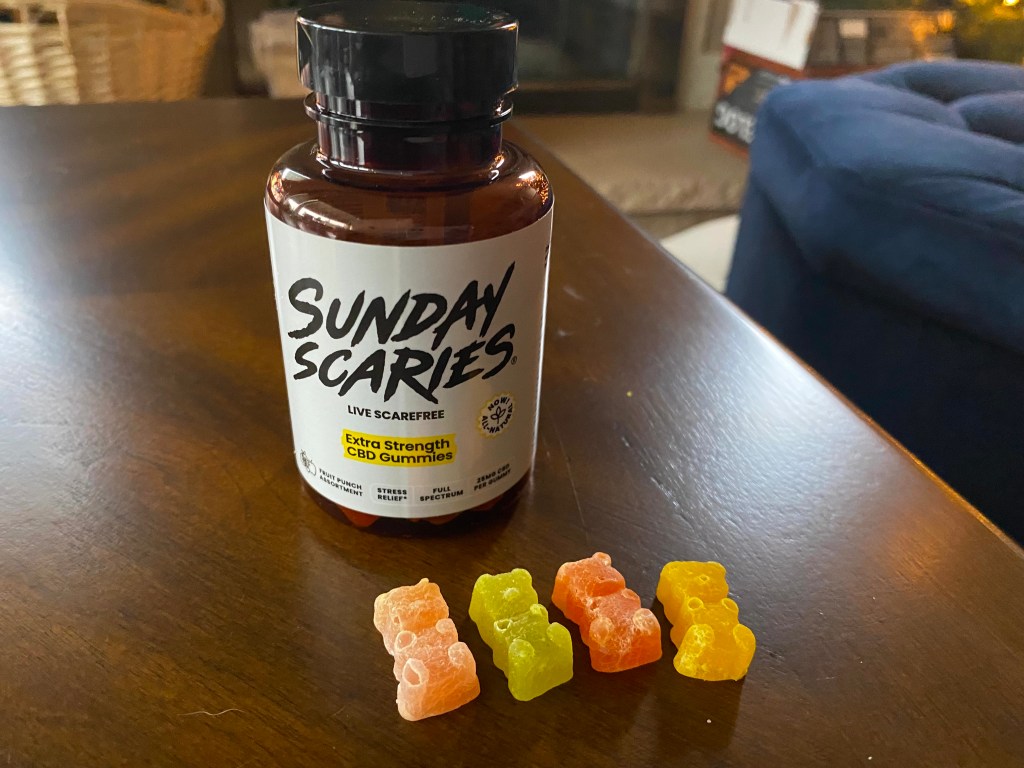Psilocybin, the psychoactive compound found naturally in “magic mushrooms,” has shown promising results in treating anxiety and depression. A recently published study reinforces that potential, demonstrating that depressed patients treated with psilocybin showed reduced symptoms even weeks after they’d used it. Even more intriguing, before and after brain scans showed changes in brain activity associated with significant and lasting decrease in depressive symptoms.
The study, conducted by researchers at Imperial College London, is a small one. Twenty patients with treatment-resistant depression received two doses of psilocybin (10 mg and 25 mg) a week apart. Nineteen had brain imaging done before their treatment, with an “after” scan coming a day after the second, higher dose. Researchers used the images to compare changes in blood flood and in crosstalk between brain regions.
Videos by VICE
Via functional MRI imaging, they saw reduced blood flow in the temporal cortex. Most importantly, they saw decreased blood flow in the amygdala. This small, almond-shaped region helps process emotional responses, fear, and stress. Researchers found a significant relationship between decreased blood flow in this region and a decrease in depressive symptoms.
Alongside the brain imaging, patients used questionnaires to report on their mental state. Immediately after treatment, they described a lightening of their depression. Both in brain imaging and patient reports, researchers found support for the anecdotal “after-glow” effect: a sense that, even after the trip is over, your mind is working differently than before. It offers a tantalizing glimpse of how brain networks, which disintegrate under the influence of psychedelics, may then re-integrate afterward, in potentially improved ways.
WatchMore From Tonic:
“Several of our patients described feeling ‘reset’ after the treatment and often used computer analogies,” Robin Carhart-Harris, who led the study, said in a statement. “For example, one said he felt like his brain had been ‘defragged’ like a computer hard drive, and another said he felt ‘rebooted.’ Psilocybin may be giving these individuals the temporary ‘kick start’ they need to break out of their depressive states and these imaging results do tentatively support a ‘reset’ analogy. Similar brain effects to these have been seen with electroconvulsive therapy.” (Electroconvulsive therapy involves passing small currents into the brain, triggering a brief seizure; it can provoke changes in brain chemistry and is often recommended to patients with depression who don’t respond to other treatments.)
That doesn’t mean people with depression should start self-medicating with magic mushrooms. Though the results are promising (and echo previous research), the study is small, and was conducted without a control group. The researchers also provided a controlled, therapeutic setting for the patients—trained professionals were managing the psilocybin trip.
Still, the study provides more evidence for the drug’s potential as an antidepressant. The study authors say future studies will have a more robust design—and, in a trial beginning next year, they plan to test psilocybin against a leading antidepressant. Soon enough, the “magic” in “magic mushrooms” might be harnessed to do people with depression some good.
Read This Next: The 10 Things That Go Wrong When You’re On Shrooms
More
From VICE
-

Photo: Alina Rudya/Bell Collective / Getty Images -

-

-

